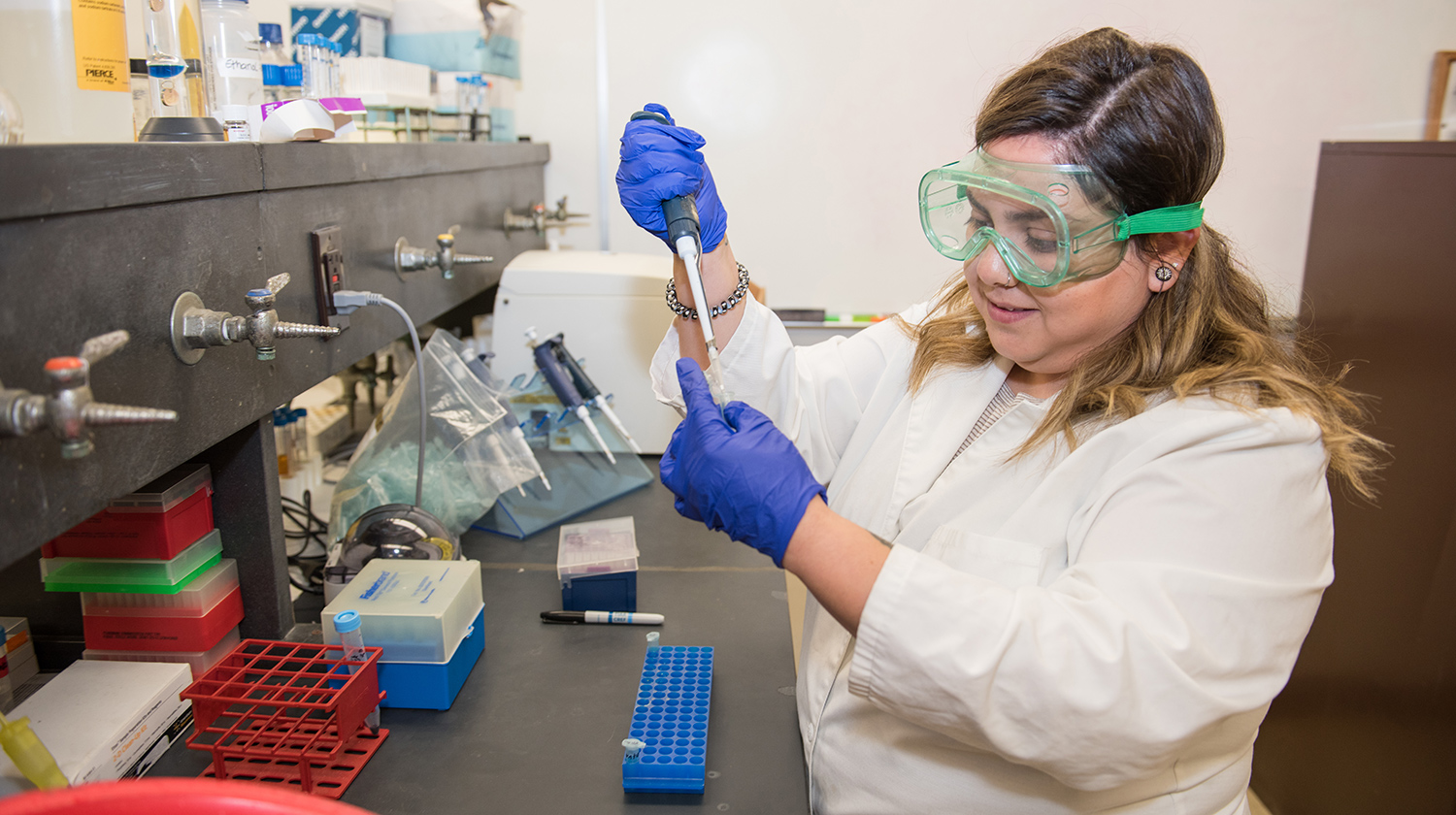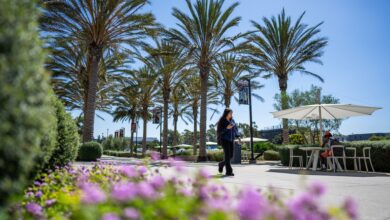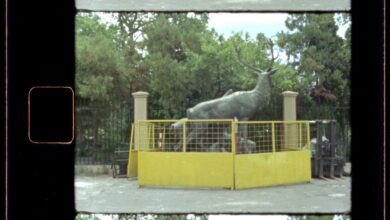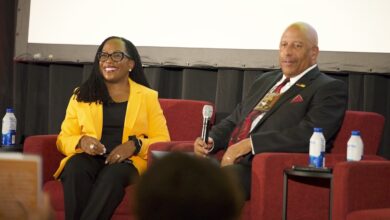
(Carson, Ca.) The California Education Learning Lab has awarded $550,000 to California State University, Dominguez Hills (CSUDH), El Camino College (ECC), and University of California, Irvine (UCI) to develop hybrid, lab-based biology courses that offer authentic research experiences. The new program will be designed to bring lab research to a much larger number of students, and to expand with demand.
Housed in the Governor’s Office of Planning and Research, the California Education Learning Lab (Learning Lab) was established by state law in 2018 to “increase learning outcomes and close equity and achievement gaps in the state, particularly in the science, technology, engineering, and math (STEM) fields.”
The three-campus consortium’s proposal, titled “A Hybrid Approach for Authentic Scientific Inquiry for Biology Undergraduates,” was among five projects to receive funding through the Learning Lab’s Enabling Institutional Change in Undergraduate STEM Education grant program.
“We thank the Learning Lab for funding this project and supporting our faculty as they work to improve student outcomes,” said Sonal Singhal, assistant professor of biology at CSUDH and principal investigator (PI) of the project. “This project brings together 20 dedicated and passionate faculty members who have already started to brainstorm new lab experiences for our students. We cannot wait to engage our students in this new curriculum!”
During the project development process, faculty will collaborate to redesign a total of 15 courses, which will serve 650 students annually at CSUDH, 375 at ECC, and more than 1,000 at UCI. The project will introduce modules featuring open-ended lab inquiries. Each module will take three to five weeks and will guide students through the scientific process.
Finding CUREs
With the grant, participating faculty at CSUDH, ECC, and UCI will redesign, implement, and assess a curriculum-wide series of hybrid course-based undergraduate research experiences (CUREs) across the three campuses that will serve as core curricula within their biology degree programs. Authentic research experiences are considered among the most successful ways to provide undergraduates with opportunities to both pose and test their own questions.
CUREs introduce students to the scientific process and help them hone transferable skills, such as data analysis and written presentation, and encourage them to self-identify as scientists. This is contrary to most traditional lab experiences, which follow a set of steps to arrive at a predetermined answer.
 By offering hybrid CUREs at scale, the partner campuses will also serve non-traditional STEM students better, and be able to respond more nimbly to challenges such as the COVID-19 pandemic. The team is also exploring high-impact practices that have had a positive effect on helping retain students in STEM programs.
By offering hybrid CUREs at scale, the partner campuses will also serve non-traditional STEM students better, and be able to respond more nimbly to challenges such as the COVID-19 pandemic. The team is also exploring high-impact practices that have had a positive effect on helping retain students in STEM programs.
CUREs are typically offered to upper-division students, but the grant focuses on lower-division students in hopes to increase their retention in STEM. At UCI and CSUDH respectively, 40 percent and 68 percent of incoming students leave the major, and 80 percent of them leave within the first two years.
Brian Sato, professor of teaching in the UCI Department of Molecular Biology and Biochemistry and associate dean of the UCI Division of Teaching Excellence and Innovation, said that the team also expects the new lab courses to help build students’ sense of belonging, while increasing retention.
The principal investigators (PI) for the project from CSUDH are Biology Assistant Professors Sonal Singhal (PI) and Charlene McCord (co-PI), and Associate Professor Karin E. Kram (co-PI). From the partner campuses: Polly Parks (co-PI), assistant professor at ECC, and Brian Sato (co-PI), professor of teaching in Molecular Biology and Biochemistry and associate dean of the Division of Teaching Excellence and Innovation at UCI.
“CUREs enable students to engage in the scientific process, even when they don’t have the opportunity to join a research lab,” said Sato, who serves as a co-PI for the project. “This is particularly important at large enrollment institutions like ours, where that one-on-one experience may be difficult to find.”
At the end of each semester, students enrolled in the program at ECC and select students at UCI will be invited to the CSUDH campus to present their research. During this final event, faculty will host workshops for students regarding how they can continue their involvement in research. ECC students interested in transferring to CSUDH will also be provided campus tours.
“The El Camino College biology faculty are thrilled to collaborate with UCI and CSUDH to create more inquiry-based labs. These labs aim to build our student’s lab skills and boost their confidence in performing actual self-designed experiments, which would help to prepare them for transferring to a university,” said Polly Parks, assistant professor of biology at ECC and co-PI for the project. “In addition, this partnership between institutions could facilitate students transferring to either UCI or CSUDH with pre-existing support systems and contacts in place. We are excited to begin this work!”








